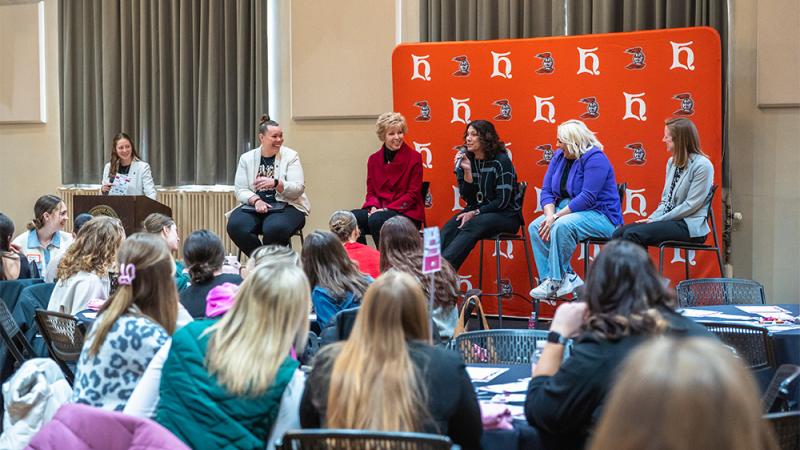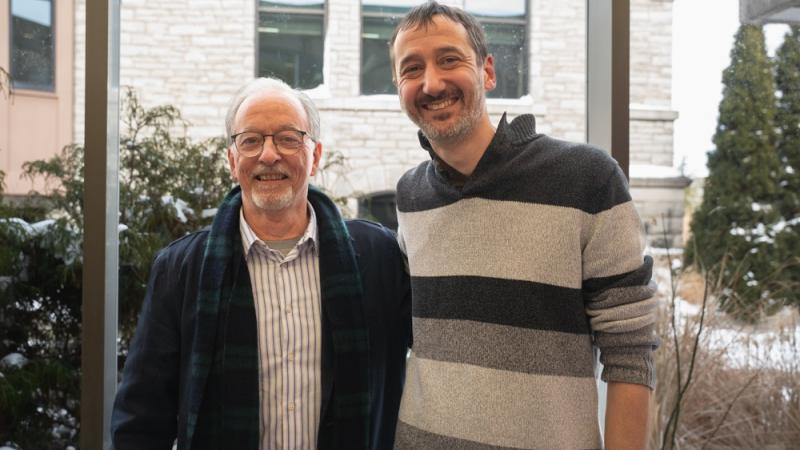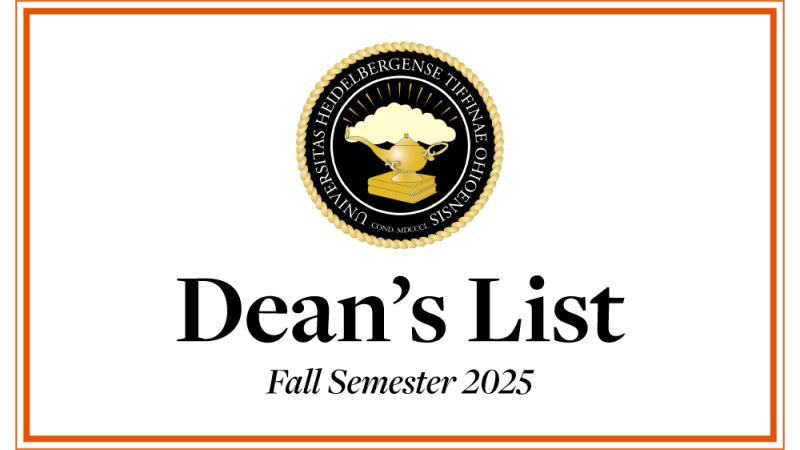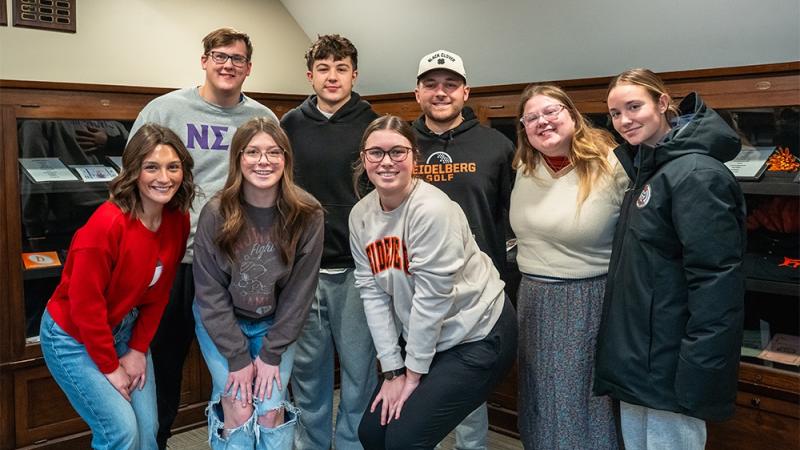Internship Chronicles, Chapter 8: Hannah Kaplan
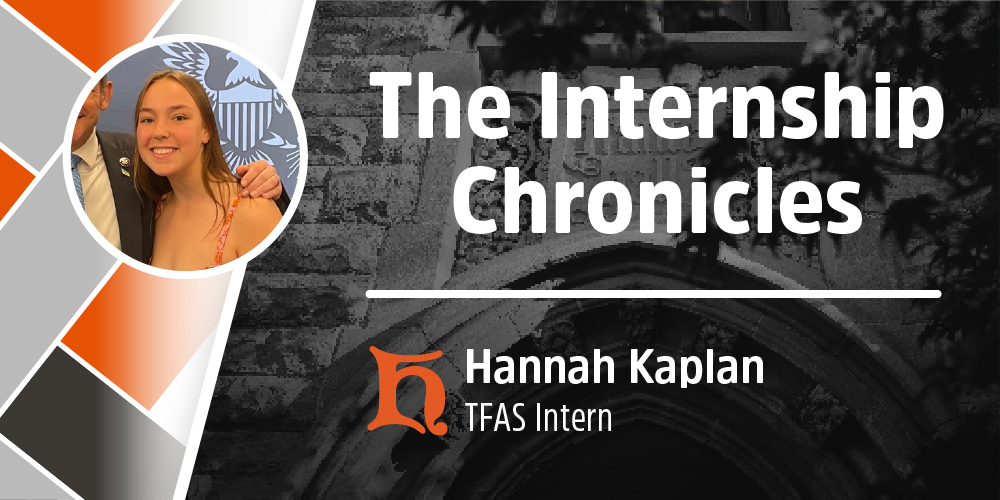
One spring day, a Student Prince decided to go on a summer adventure. “It won’t be long before I have a career,” the Prince said, “so I’d better start preparing now.” So with some ’Berg education under their hat, and some connections in their back pocket, the Student Prince began forging their way through an internship.
We continue our web series, Internship Chronicles.
Chapter 8: "Becoming Less American"
Hannah Kaplan is a rising junior from West Bloomfield, Michigan. She is majoring in political science and minoring in legal studies. This summer, Hannah is interning with The Fund for American Studies program in Washington, D.C. There, she works with the Rail Passengers Association, and takes courses online through the program. She plans to pursue a master’s degree in political science and media after graduation, and wants to work in Washington, D.C., as a political consultant or lobbyist.
How did you find your internship, or how did the internship find you?
I learned about this program through Dr. Josh Bowman. Dr. Bowman has a connection with one of the coordinators with the Reagan Institute – and the Reagan Institute is a partner with the TFAS program. The Fund for American Studies D.C. program that I’m part of allows students to work internships in the D.C. area, while taking a class on the American Presidency and Leadership. We focus a lot on what decision-making looks like in that position. So it’s like a class-internship duo.
What does an average day look like for you?
Aside from the class, my internship is with the Rail Passengers Association, a non-profit that works to improve the country’s train services and make them more efficient and safer. The company is working to become nearly entirely remote, so even though their headquarters is in D.C., I also get to work remotely with the team. After I wake up, my average work day includes a lot of meetings and talking with others in the company. I watch several transportation briefings and policy readings. I do a lot of social media work as well, and it rounds out to be a fairly typical office job.
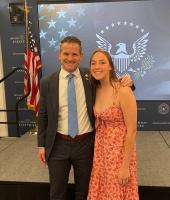
Andrew Kinzinger (R - IL) (left)
What does an exceptional day look like for you?
An exceptional day for me looks more laid back than a normal day. Because of being remote, I enjoy it when I have more time to do my work on my own instead of attending Zoom meetings. With calmer days, I can be more efficient, and I can usually get done sooner.
What connections have you made?
The most exciting connection that I’ve made through the TFAS program wasn’t through the course or the internship. I was able to make a connection through a protest I attended, with the Jewish Democracy Association. I met them at a protest after the ruling of Dobbs v. JWHO, which overturned Roe v. Wade, and I’m getting involved with their organization.
What is the most valuable thing you’ll bring back to the classroom after this experience?
After this experience, I’ve become a lot stronger in my political values. I think that strength will shine in my writing and in classroom discussions on political situations, especially in response to the more conservative narrative I’ve seen before in the classroom. I’ve also been working with Paul Stark to help educate people on our campus on contraception, and we’re working to make it more readily available.
If your internship was a book or a chapter in a book, what should it be titled?
I feel like the title would have to be “Becoming Less American.” I feel like the narrative of patriotism I was taught when I was younger is something I’ve strayed from through this process. No one knows what the new America is going to look like – and from what I can see, it’s becoming less “American,” from my perspective of what the country should be.
To learn more about The Fund for American Studies summer internship program, check out their website.
To keep up with Hannah and what she's doing, visit her LinkedIn.

